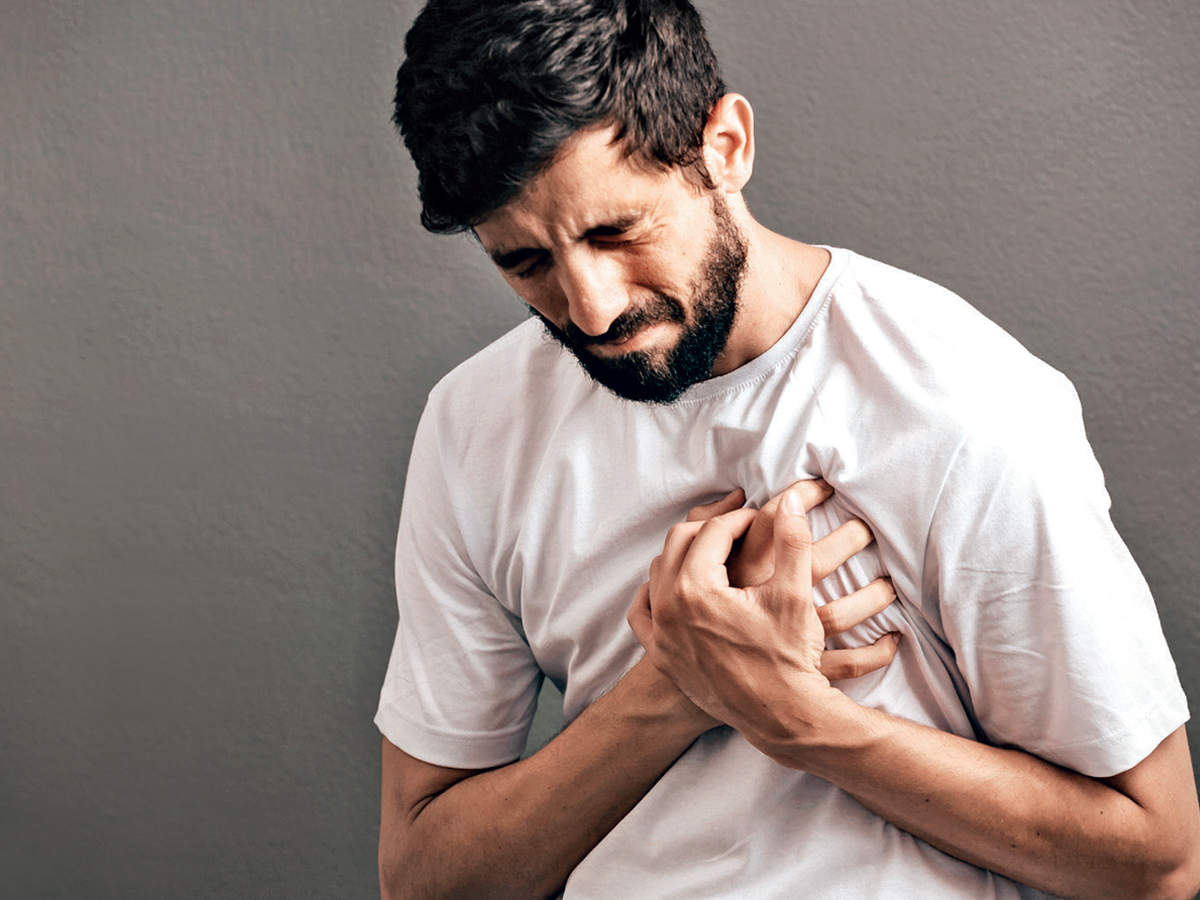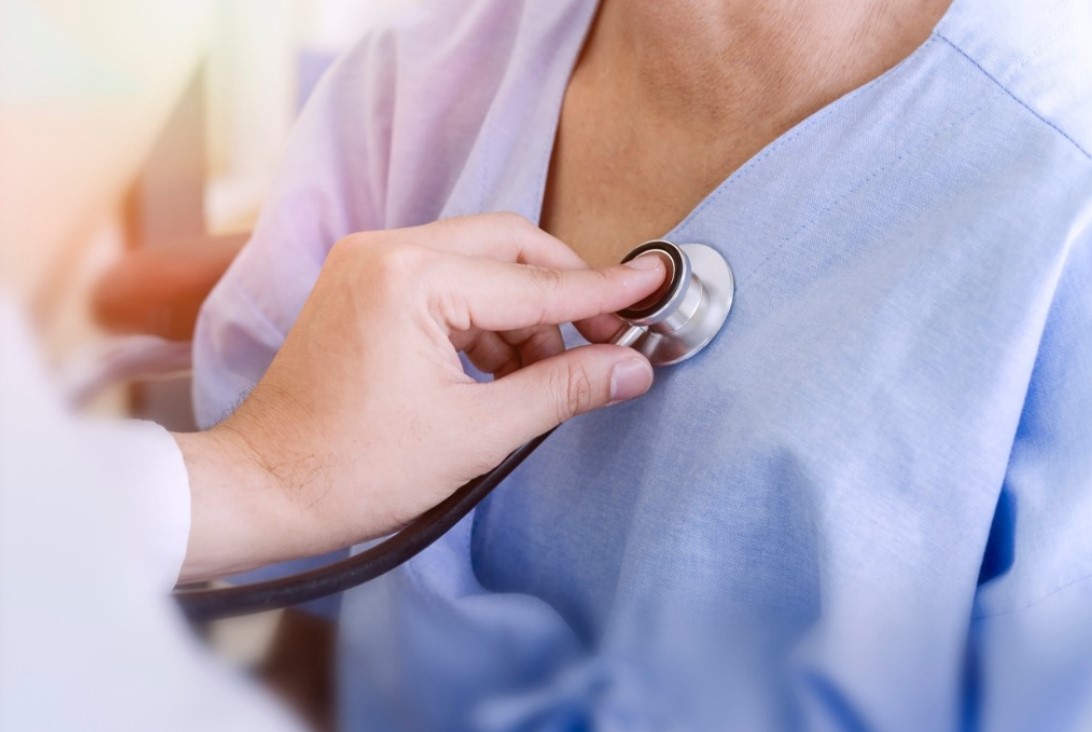Heart attacks, also known as myocardial infarctions, are a serious and potentially life-threatening medical emergency. A heart attack occurs when blood flow to the heart is blocked, often due to a buildup of cholesterol and other fatty substances in the arteries. This can result in damage to the heart muscle and, in severe cases, can even lead to death. While there are several risk factors that increase the likelihood of experiencing a heart attack, there are also several preventative measures that individuals can take to reduce their risk. In this article, Dr Sanjay Kumar, the best Cardiologist in Faridabad explore the most effective ways to prevent a heart attack.
- Maintain a Healthy Diet:
One of the most effective ways to prevent a heart attack is to maintain a healthy diet. This means consuming a balanced and varied diet that is rich in fruits, vegetables, whole grains, lean protein, and healthy fats. Individuals should limit their intake of saturated and trans fats, which are commonly found in fast food, processed snacks, and baked goods. Additionally, individuals should limit their intake of sodium, which can increase blood pressure and contribute to heart disease.
- Exercise Regularly:
Regular physical activity is another key factor in preventing heart attacks. Exercise helps to maintain a healthy weight, reduce stress, lower blood pressure, and improve cardiovascular health. Individuals should aim for at least 150 minutes of moderate-intensity aerobic exercise, such as brisk walking, cycling, or swimming, per week.
- Quit Smoking:
Smoking is a significant risk factor for heart disease and heart attacks. Nicotine and other chemicals found in cigarettes can damage the lining of the arteries, making them more susceptible to buildup and blockages. Additionally, smoking can contribute to high blood pressure and other heart-related conditions. Individuals who smoke should quit as soon as possible to reduce their risk of experiencing a heart attack.
- Manage Chronic Conditions:
Individuals with chronic conditions such as high blood pressure, high cholesterol, and diabetes are at increased risk of experiencing a heart attack. Therefore, it’s important to manage these conditions through lifestyle changes and, in some cases, medication. This may include regular monitoring of blood pressure and cholesterol levels, making dietary changes, and taking medication as prescribed.
- Reduce Stress:
Stress can contribute to several risk factors for heart disease, including high blood pressure, smoking, and unhealthy eating habits. Therefore, it’s essential to find healthy ways to manage stress. This may include exercise, meditation, yoga, spending time with loved ones, or engaging in hobbies and other activities that bring joy and relaxation.
- Get Enough Sleep:
Sleep is essential for overall health, including heart health. Lack of sleep can contribute to several risk factors for heart disease, including high blood pressure, obesity, and diabetes. Therefore, individuals should aim for at least 7-8 hours of sleep per night.
- Know the Warning Signs:
Finally, it’s essential to know the warning signs of a heart attack. These may include chest pain or discomfort, shortness of breath, nausea, lightheadedness, and pain or discomfort in the arms, jaw, neck, or back. If you experience any of these symptoms, it’s important to seek medical attention immediately.
In conclusion, preventing a heart attack requires a combination of lifestyle changes, managing chronic conditions, and knowing the warning signs. By maintaining a healthy diet, exercising regularly, quitting smoking, managing chronic conditions, reducing stress, getting enough sleep, and knowing the warning signs, individuals can significantly reduce their risk of experiencing a heart attack. It’s important to consult with a Cardiologist to develop a personalized plan for reducing the risk of heart disease and heart attacks.










